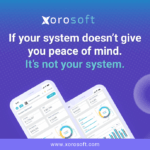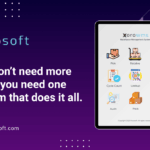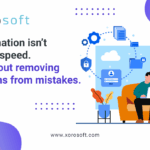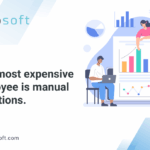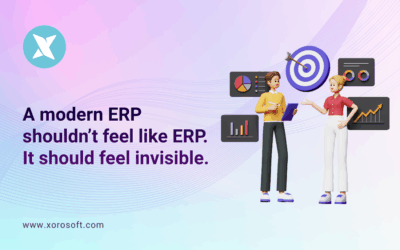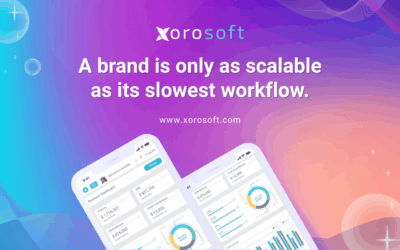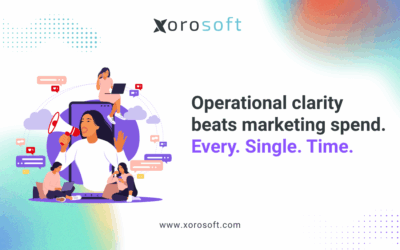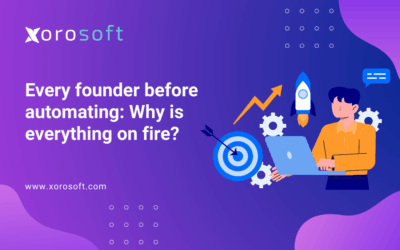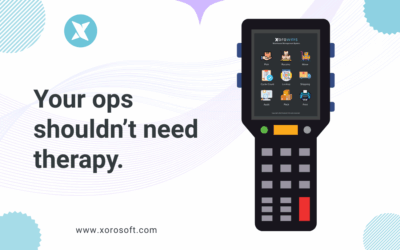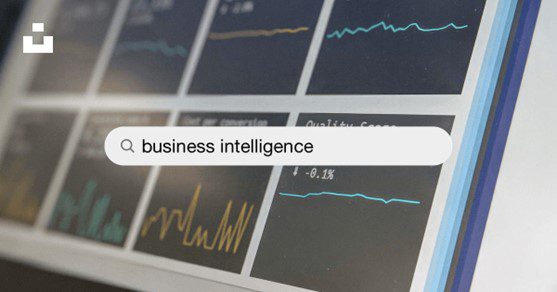
What is an ERP system?
An Enterprise Resource Planning (ERP) system is a comprehensive software solution that integrates various business functions, such as finance, human resources, manufacturing, and supply chain management, into a single platform. It serves as a centralized repository for all business data and provides real-time visibility and control across different departments. ERP systems streamline operations, enhance collaboration, and drive efficiency, making them essential for modern organizations.
The importance of data governance in ERP systems
In an ERP system, data governance refers to the management and control of data quality, consistency, security, and accessibility. It ensures that accurate and reliable data is available for decision-making and supports compliance with regulatory requirements. Effective data governance is crucial for the success of an ERP system as it establishes a strong foundation for data-driven insights and organizational performance.
Benefits of implementing a data governance strategy
Implementing a robust data governance strategy in an ERP system brings several benefits to organizations. Firstly, it improves data quality by enforcing data standards, validation rules, and data cleansing procedures. This enhances decision-making accuracy and eliminates errors caused by poor data. Secondly, data governance enhances data consistency by establishing clear data definitions, classification frameworks, and data integration protocols. Consistent data enables seamless collaboration, reduces redundancy, and improves operational efficiency.
Furthermore, data governance ensures data security and privacy by defining access controls, data protection policies, and data retention guidelines. This safeguards sensitive information from unauthorized access, data breaches, and compliance violations. Additionally, data governance enhances data accessibility by establishing data ownership, data stewardship roles, and data documentation practices. This empowers users to easily find, understand, and utilize data, fostering a data-driven culture within the organization.
Common challenges in data governance for ERP systems
While data governance is crucial for ERP systems, organizations often face challenges in its implementation. One common challenge is defining clear data ownership and accountability. Organizations struggle to identify individuals or teams responsible for managing and governing specific data sets. This can lead to data inconsistencies, lack of data stewardship, and a lack of ownership in data-related decisions.
Another challenge is ensuring data quality throughout the data lifecycle. Organizations often struggle with data cleansing, data validation, and data integration processes. Poor data quality can compromise decision-making and erode trust in the ERP system. Furthermore, managing data security and privacy is a challenge due to the increasing complexity of data regulations, such as GDPR and CCPA. Organizations must ensure compliance with these regulations while also maintaining data accessibility for authorized users.
Best practices for effective data governance in ERP systems
To overcome the challenges in data governance, organizations can adopt best practices that ensure the effectiveness of their ERP systems. Firstly, organizations should establish a data governance framework that defines roles, responsibilities, and processes for managing data. This framework should be aligned with organizational goals and should involve stakeholders from different departments to ensure buy-in and collaboration.
Secondly, organizations should invest in data quality management tools and processes. These tools can help automate data cleansing, validation, and integration, ensuring high-quality data throughout the ERP system. Additionally, organizations should prioritize data security and privacy by implementing robust access controls, encryption mechanisms, and data protection policies. Regular audits and compliance checks should be carried out to ensure adherence to data regulations.
Moreover, organizations should encourage a data-driven culture by promoting data literacy and awareness among employees. Training programs and workshops can help employees understand the importance of data governance and how it impacts their day-to-day work. Finally, organizations should continuously monitor and measure the effectiveness of their data governance strategy. Regular data audits, performance metrics, and feedback mechanisms can help identify areas for improvement and drive continuous enhancement of the ERP system.
Understanding the role of Xorosoft ERP in data governance
Xorosoft ERP is a leading ERP solution that offers comprehensive data governance capabilities. It provides organizations with a robust framework to manage data quality, consistency, security, and accessibility. Xorosoft ERP enables organizations to define data ownership, establish data standards, and enforce data validation rules. It also offers advanced data integration features that allow seamless exchange of data between different modules and external systems.
With Xorosoft ERP, organizations can ensure compliance with data regulations by implementing access controls, encryption mechanisms, and data protection policies. The solution offers built-in audit trails and data monitoring tools to track data access and changes. Xorosoft ERP promotes a data-driven culture by providing intuitive data visualization tools, dashboards, and analytics capabilities. This enables users to easily analyze and interpret data, making informed decisions.
How Xorosoft ERP enhances inventory management and accounting
One of the key features of Xorosoft ERP is its robust inventory management system. The solution offers real-time visibility into inventory levels, stock movements, and replenishment needs. With Xorosoft ERP, organizations can optimize inventory levels, reduce stockouts, and improve order fulfillment rates. The solution also supports advanced inventory forecasting and demand planning, enabling organizations to make accurate inventory decisions and avoid overstocking or understocking situations.
Xorosoft ERP also offers comprehensive accounting functionalities. It automates financial processes, such as accounts payable, accounts receivable, and general ledger management. The solution ensures accurate and timely financial reporting, compliance with accounting standards, and seamless integration with other business functions. With Xorosoft ERP, organizations can streamline financial operations, reduce manual errors, and improve financial visibility.
Key features and functionalities of Xorosoft ERP
Xorosoft ERP offers a wide range of features and functionalities that empower organizations to unlock the full potential of their data. Some key features include:
-
Integrated Business Modules: Xorosoft ERP provides a comprehensive suite of modules, including finance, human resources, supply chain management, manufacturing, and customer relationship management. This integration allows seamless data flow and collaboration across different departments.
-
Real-time Data Analytics: The solution offers powerful data analytics tools that enable organizations to gain actionable insights from their data. With intuitive dashboards, reports, and visualizations, users can quickly identify trends, patterns, and opportunities for improvement.
-
Mobile Access: Xorosoft ERP is accessible on mobile devices, allowing users to access and update data on the go. This enhances productivity and enables remote working capabilities.
-
Customization and Scalability: The solution can be customized to meet specific business requirements and can easily scale as the organization grows. This flexibility ensures that Xorosoft ERP can adapt to changing business needs.
Choosing the right ERP solution for your business
When selecting an ERP solution for your business, several factors should be considered. Firstly, evaluate your business requirements and identify the key functionalities and modules that are critical for your operations. Consider factors such as scalability, flexibility, and ease of integration with existing systems. Additionally, assess the vendor’s track record, reputation, and customer support services. It is essential to choose a reliable ERP solution provider that can support your business goals and provide ongoing support and maintenance.
Conclusion
Unlocking the power of your ERP system requires the implementation of effective data governance strategies. Data governance ensures data quality, consistency, security, and accessibility, forming the foundation for data-driven decision-making and organizational success. Xorosoft ERP offers comprehensive data governance capabilities, enhancing inventory management, accounting, and overall operational efficiency. By selecting the right ERP solution and adopting best practices in data governance, organizations can unlock the full potential of their ERP systems and drive sustainable growth.
Book a Demo with Xorosoft to learn how their ERP solution can empower your organization with robust data governance and drive operational excellence.
